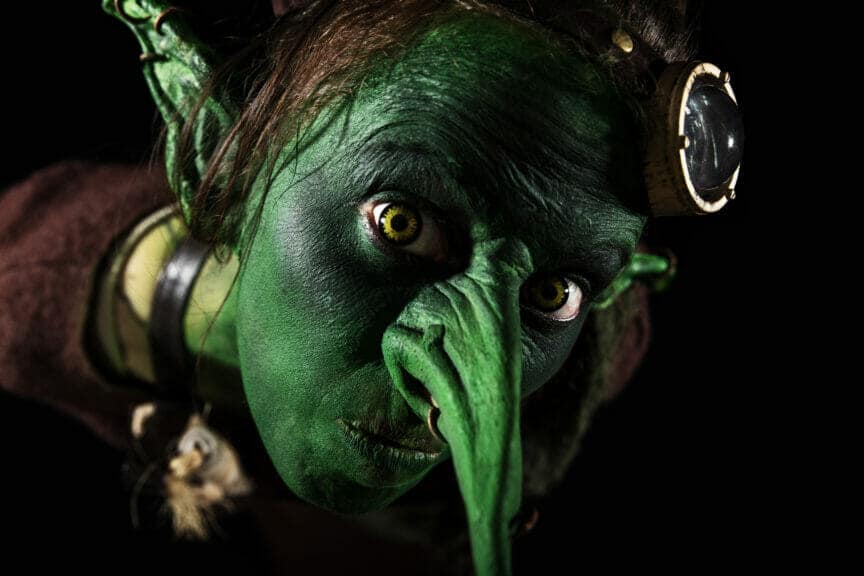The first Oxford word of the year chosen by public vote wins by a landslide, making “goblin mode” the official word of 2022.
A year ago, the lexicographic team over at Oxford Dictionaries very aptly chose “vax” as the 2021 word of the year.
However, in 2022, the publisher behind the Oxford English Dictionaries has – seemingly like the rest of us – gone full goblin mode.
“Goblin mode” — a slang term referring to “a type of behavior which is unapologetically self-indulgent, lazy, slovenly, or greedy, typically in a way that rejects social norms or expectations” — has been named Oxford’s 2022 Word of the Year.
And no, this isn’t a prank! After receiving a landslide online vote, an in-joke that rose to prominence following a viral tweet involving a rapper, actress, and a doctored headline, this niche phrase has been named as the word of the year.
“New words catch on when they capture our imagination, or fill a hole with a word for a concept we need to express,” Katherine Connor Martin, product director at Oxford Languages, said in a telephone interview.
“What ‘goblin mode’ tells me is it resonated with the feeling that the pandemic is over, but we’re still grappling with it. Do we want to go back to the notions of respectability of the prepandemic world?”
The Word of the Year is based on usage drawn from Oxford’s continually updated database of 19 billion words gathered from news sources from across the English-speaking world.
According to Oxford, the top selected words are chosen as they “reflect the ethos, mood or preoccupations” of the preceding year, while also having “potential as a term of lasting cultural significance.”
Hence the crowning of “selfie” in 2013, “vape” in 2014, “toxic” in 2018, and “climate emergency” in 2019 to name a few.
Ordinarily, Oxford’s lexicographers compile a list of popular words which had a statistically relevant surge and proceed to crown a winner. This year, however, they chose to take a more populist approach, announcing a short list of three worthy winners and allowing the public up to two weeks to vote.
Besides “goblin mode”, Oxford also nominated “metaverse” and “#IStandWith”.
According to Martin:
“Having a group of people in Oxford choose it always felt weirdly undemocratic. And this year, when people are talking about democracy as a thing that might be under threat, it didn’t feel like the right approach.”
But the inclusion of “goblin mode” drew some confusion, leaving many of the Not So Online scramblings to Google the odd term. But for some, it was a clear winner – or the lesser of three evils…
In a passionate appeal, the website PC Gamer urged people to “put aside our petty differences and vote for ‘goblin mode,’” if only to thwart the milquetoast-y “#IStandWith” and the downright evil “metaverse.”
“Go vote for taking care of yourself and having joy in rejection of society’s stifling norms,” the website urged. Because “the metaverse that CEOs want to sell you is awful.”
And many people obliged, delivering a whopping 340,000 votes which secured 93% of the vote. “Metaverse” earned second place with a measly 4% of the vote in comparison.
The precise origins of “goblin mode” are undecided, as the term was first used on Twitter sometime in 2009 according to Oxford.
However, it gained quick popularity earlier this year after a satirical tweet went viral featuring a fake news headline that quoted the actress Julia Fox saying that she and Kanye West broke up because he didn’t like it when she went “goblin mode.”
Fox later posted to her Instagram stories denying the claim, stating: “Just for the record, I have never used the phrase ‘goblin mode.’”
Other dictionaries went with more conventional roots this year. Merriam-Webster chose “gaslighting” (following a 1740% surge in look-ups on their site). Cambridge Dictionaries went with “homer”, which was one of the five-letter words to appear in Wordle this year.






